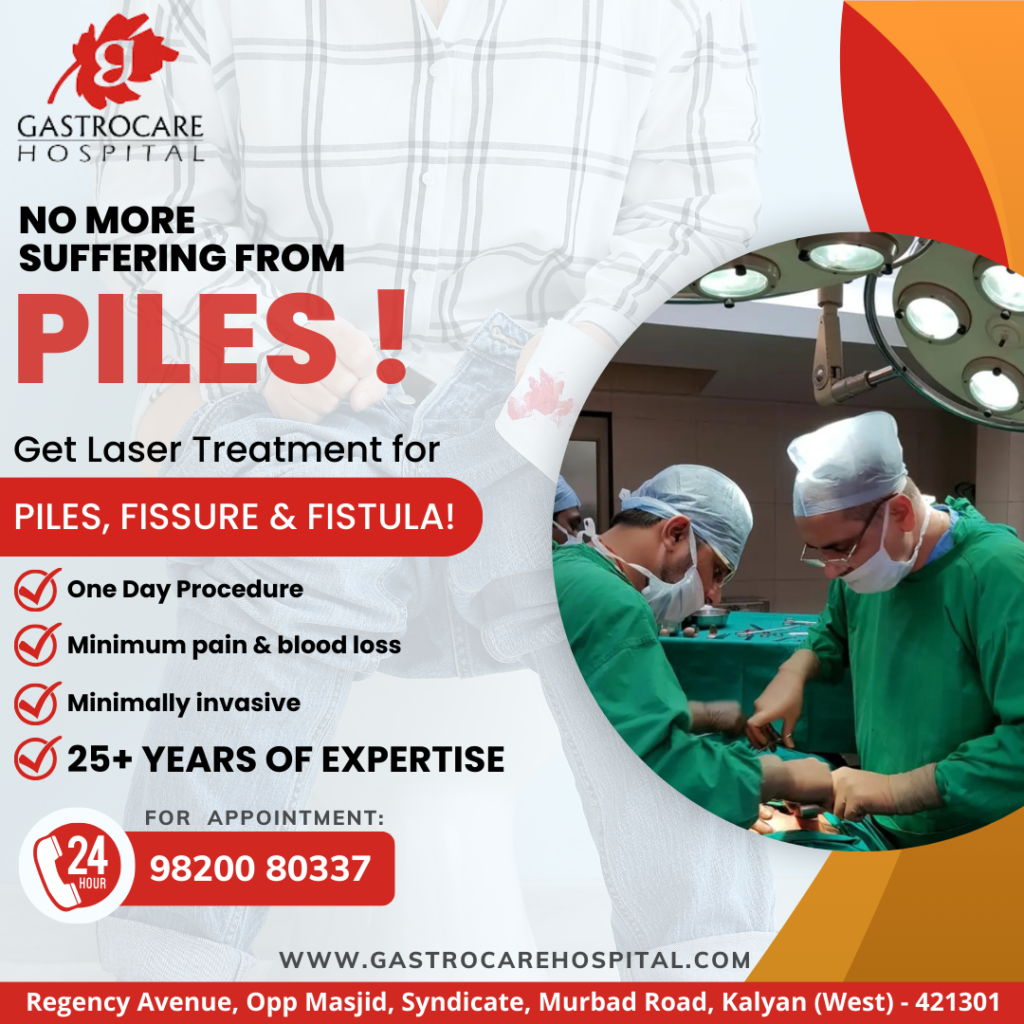Fistula Treatment
- HOME
- FISTULA TREATMENT

ANAL FISTULA
An anal fistula is an abnormal connection that forms between the rectum or anal canal and the skin around the anus. It typically arises due to an untreated or incompletely healed abscess near the anus. This condition can lead to persistent pain, discomfort, and drainage of pus or fluid.
Symptoms of Anal Fistula (may vary person-to-person):
Individuals with an anal fistula may experience a range of symptoms, contingent on the specific type and location of the fistula. Persistent discomfort and pain around the anus, particularly during bowel movements or while sitting, are common indicators. Additionally, there may be a continual discharge of pus or fluid from an opening near the anus. The surrounding skin might exhibit signs of redness, swelling, and irritation. In cases of infection, fever or chills may also be present. Furthermore, the discharge from the fistula may emit a distinct and unpleasant odor. These symptoms collectively serve as key markers for identifying an anal fistula.
What Causes Fistula ?
Anal fistulas can arise from various underlying causes, each contributing to the formation of these abnormal connections. One primary trigger is untreated or inadequately treated abscesses near the anus. When abscesses fail to heal completely, they can evolve into fistulas. Additionally, individuals with conditions like Crohn’s disease and ulcerative colitis, which involve chronic inflammation of the digestive tract, face an elevated risk of developing fistulas. Infections, particularly those affecting the anal or rectal area, can also lead to their formation. Furthermore, severe trauma or injury to the anal region can result in the creation of abnormal connections between the anal canal and the surrounding skin. Lastly, prior surgeries in the anal area, if not followed by optimal healing, can sometimes lead to the development of fistulas. Understanding these diverse triggers is crucial for effective diagnosis and treatment of anal fistulas.
Schedule Your Appointment !
Treatment Options:
Treatment options for anal fistulas encompass both non-surgical and surgical approaches, tailored to the specific characteristics and severity of the condition.
Non-surgical interventions primarily involve techniques aimed at promoting drainage and encouraging the natural healing process. Seton placement, for instance, involves the insertion of a surgical thread or similar material into the fistula tract. This facilitates drainage and helps prevent the re-accumulation of pus. Another non-surgical option is the use of a biocompatible plug, which is inserted into the fistula tract to stimulate healing. Additionally, fibrin glue, an adhesive substance, can be employed to effectively seal the fistula tract, aiding in its closure.
Surgical treatment, on the other hand, may be necessary for more complex or persistent cases. A Fistulectomy, The LIFT procedure and Advancement Flap Repair are some of the surgical options.
Fistulectomy:
A fistulectomy is a surgical procedure performed to treat anal fistulas, abnormal tunnels that form between the anal canal and surrounding skin. It is considered the gold standard treatment for many types of fistulas. The procedure begins with the administration of anesthesia to ensure the patient’s comfort. The surgeon then makes an incision near the fistula, carefully removing the entire abnormal tract, including any secondary extensions. Depending on the case, the wound may be left open for natural healing or closed with stitches. Recovery time varies, and patients may experience some discomfort. While generally safe, fistulectomy carries potential risks like bleeding, infection, recurrence, and in extremely rare cases, fecal incontinence. This surgical intervention effectively addresses the underlying cause of the fistula, significantly reducing the likelihood of recurrence.
The choice between non-surgical and surgical interventions depends on factors such as the type, location, and severity of the anal fistula. Consulting with a healthcare professional is crucial in determining the most appropriate treatment approach for each individual case.

FAQs
While some small, uncomplicated fistulas may close on their own, most require medical intervention to heal properly.
No, non-surgical options like seton placement, fistula plugs, and fibrin glue are available for certain types of fistulas.
Fistula surgery, particularly fistulectomy, has a high success rate, with many patients experiencing complete healing.
While recurrence is possible, especially with complex fistulas, proper treatment greatly reduces the likelihood.
